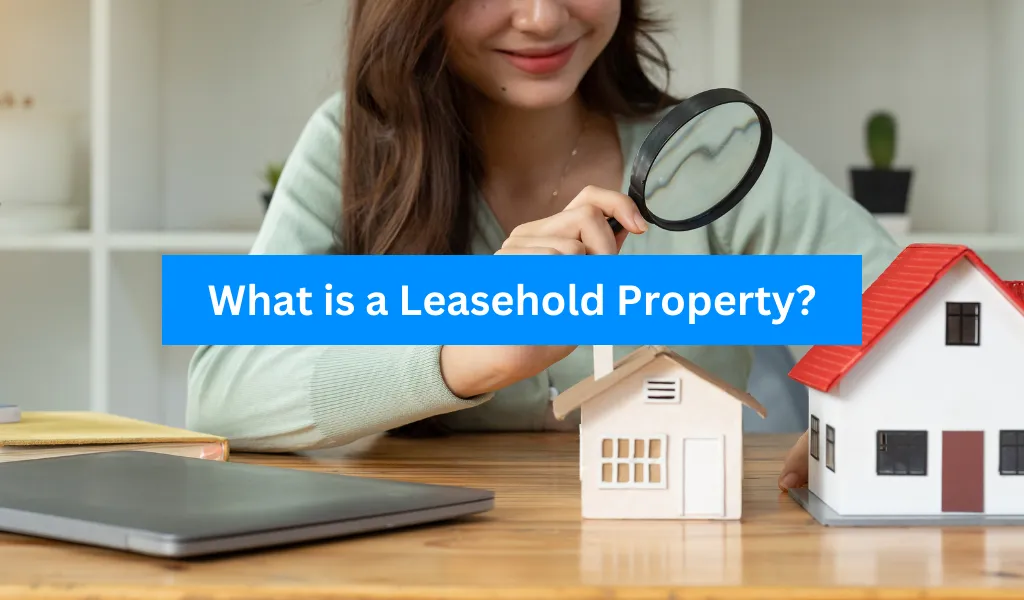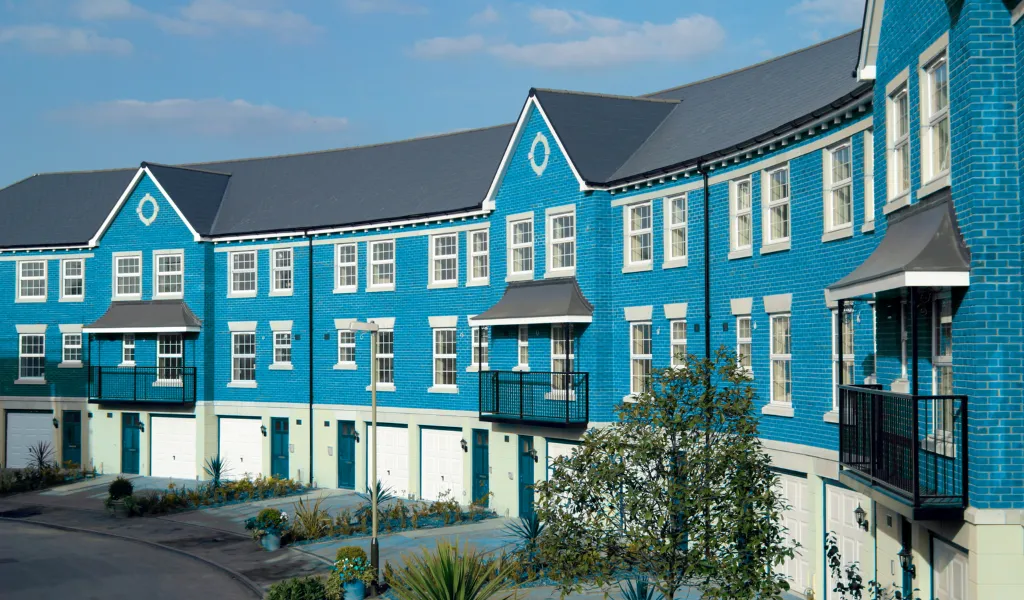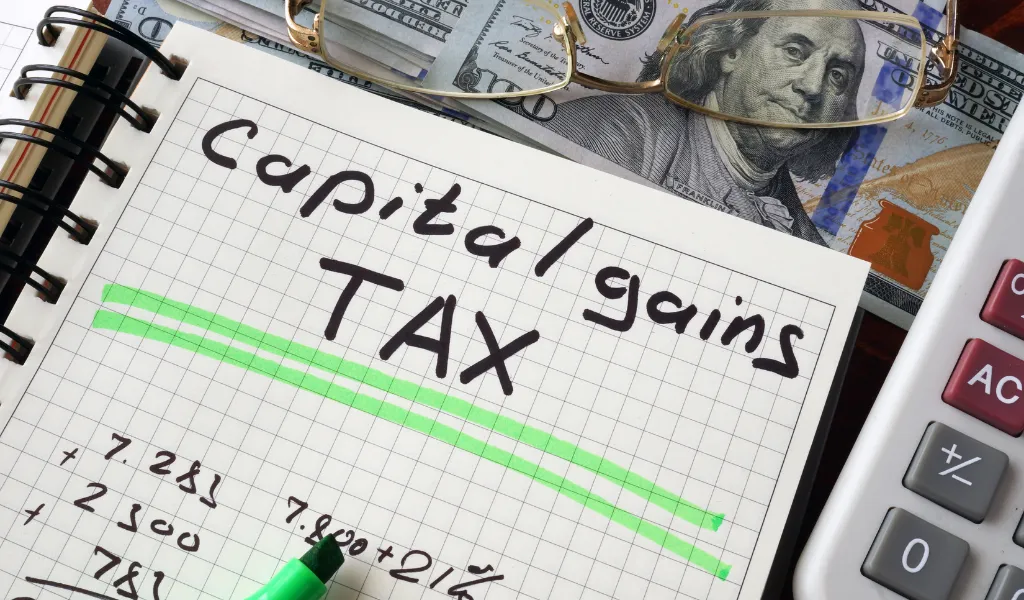As a property investor, you may consider it an excellent strategy to purchase freehold property. Undoubtedly, freehold properties come with plenty of advantages. However, when it comes to upfront costs and maintenance, your best bet is a leasehold property. That is right. A leasehold property can turn out as a substantial investment. This guide will answer all your questions, such as why would anyone buy a leasehold property and how to buy a leasehold property?
First, let’s discuss the definition of a leasehold property. Then we can move on to the benefits of purchasing one.
What is a Leasehold Property?
Two forms of legal property ownership exist in the UK. One is freehold. In this kind of ownership, you own both the property and the land it is built on. Whereas, in leasehold, you obtain a lease from the freehold to use the property for several years. Thus, you own the building, but not the land that it is built on.
Furthermore, there are two ways to get a lease. The freeholder may create a new lease for you. Or you can take the existing lease from the previous owner.
At the end of the lease, ownership returns to the freeholder or the landlord.
You must bear in mind that it is a dwindling asset. This is because even if you live on the property for the full 80 years, you have nothing to show. It does not matter that you are free of mortgage as well.
Before you commit, you should also think about how time consuming and costly extending is. Indeed, it is a complex legal process.

How Do You Know if A Property is Leasehold or Freehold?
Now, the question arises as to how you can know if you are buying a leasehold property. The answer is simple. It is a legal requirement that all properties on sale must state whether the tenure is leasehold or freehold.
Why Would Anyone Buy a Leasehold Property?
Even though purchasing a leasehold property is more complex than a freehold property, it is still a common method to own property. This is especially true for flats.
If you decide to purchase a flat, then most probably it will have a lease with it. The reason behind this is that usually a freeholder owns the overall building. An advantage in this case is that someone else takes proper care of the communal areas and the building’s state. Therefore, you do not have to argue with neighbours about the cleanliness of the hallways. Or about weeding the shared gardens and changing lightbulbs in stairwells.
You also have the benefit of not having to arrange building insurance for your leasehold property. Although you need to pay for it, the responsibility lies on the shoulders of the freeholder. However, you must arrange for content insurance for your flat.
What are the Advantages of Buying Leasehold Property?
Following are the benefits of purchasing a leasehold property:
Lower Upfront Expenses
Since leasehold properties are mostly flats, they will cost you less than freehold properties, which are houses. For those who have a tighter budget, this is a more affordable option. Furthermore, because of the inexpensiveness of the property, associated costs are also lower. For example, Stamp Duty Land Tax (SDLT), property deposit, and Land Registry fees.
Tax Benefits
When purchasing a leasehold property, you pay less Stamp Duty Land Tax since the purchase price is usually low. First-time buyers can have the benefit of not paying SDLT altogether through the purchase of a leasehold property. Whereas previous property owners pay much less SDLT than they would have if they had bought a freehold property.
Maintenance and Gardening are Handled
The upkeep of common areas like stairways, hallways, and sometimes even gardens is still the freeholder’s obligation even though you oversee your own property. You can save a lot of worry and time as this includes utilities such as connection to gas, water, and electricity supplies.
Insurance of the Building is Taken Care of
It is not necessary for a limited company to trade to own a property. HMRC considers limited companies that do not trade as ‘dormant’. They can stay dormant for an unlimited time. However, the directors still need to perform their administrative duties.
Access to Communal Amenities
Most leasehold properties have shared spaces. This includes parking, rooftops, parking, and refuse areas. All leaseholders can use these facilities. It is the responsibility of the freeholder to maintain them as they are common areas. Therefore, you can use them without having to worry about maintaining them.
Effective Buy-to-Let Strategy
As a property investor, you can have a gain a lot of benefits by purchasing a leasehold property. You can buy multiple leasehold properties rather than one freehold property, as they are less expensive. This way you can earn more rental income. Moreover, you do not have to worry if one property does not have tenants, as you can continue to earn. Additionally, flats are in better locations and cost less. As a result, they are more popular and attract a broad range of tenants.
No Need to Pay Ground Rent
Leasehold Reform (Ground Rent) Act 2022 act prohibits new leases from including clauses requiring the leaseholder to pay ground rent. It was a major disadvantage of buying a leasehold property. Paying ground rent to freeholder was a needless fee. Now, it is no longer an issue.

How to Purchase a Leasehold Property
The process of buying a leasehold property is the same as buying any other home. However, your conveyancer or solicitor needs to perform some additional checks in this case. These include the following:
The Length of Your Lease
The first and foremost question you must raise is how many years are remaining on the lease. Make sure to ask if it requires an extension.
Leasehold Restrictions
Next question you should ask is regarding the restrictions. Once you know what they are, can you comply with them?
Service Charges
How much service charges do you need to pay? How much will they increase every year and are they in arrears?
The Boundaries of Your Property
The lease will state the demised premises. Which mentions what falls under your ownership.
Plan for Major Works
You must find out if there are any plans for major works for the building before you purchase it.
Administration Charges
If the property owner needs to grant approval for anything under the lease, then they will administer fees. The same applies if they chase payments, provide documents, or deal with any breaches of the lease.
You can find most of this information in the Leasehold Property Enquires (LPE1). Your conveyancing solicitor will ask from the business or individual managing the lease’s conditions and overseeing the upkeep of the property’s shared areas. Then why would anyone buy a leasehold property?
It is best that you get this LPE1 as soon as possible. You must ensure all parties involved know that this is crucial to your understanding of whether you want to go ahead with the purchase. This includes the estate agent, the vendor, and conveyancers.
The cost of the LPE1 can range between £300 to £800. It is the responsibility of the seller to pay for it. If they do not pay it quickly, it can result in delays. On average, it takes 54 days for the lease administrator to complete the LPE1. After this, your conveyancer will review the pack. They may have more questions to ask. You should check it too. If you do not understand something, then make sure to inquire about it.
Therefore, leasehold conveyancing is more expensive and time consuming than if you were to buy a freehold property.
Is It Possible to Get a Mortgage on Your Leasehold Property?
Yes, you can get a mortgage on your leasehold property. That is, if you have over 85 years remaining on the lease and the lease is straightforward.
It is harder to get a mortgage on a leaseholder property with a shorter lease. If the lease is under 85 years, then most lenders will not grant you a mortgage. Lenders want to make sure that there is not an impact on the property’s value. Therefore, after your mortgage term ends, lenders prefer that they can extend it for a minimum of forty years. Nevertheless, you can find lenders that allow flexibility if the property is in a prime location in central London. In such a case, a minimum of ten years must remain on the lease at the end of the mortgage. As the lease gets shorter, values fall significantly. Still, why would anyone buy a leasehold property?
It is important to note that lenders look at cladding issues and unchecked estate charges carefully. They may not grant you a mortgage or ask for a higher deposit in such scenarios.
What are Leasehold Service Charges?
If you purchase a leasehold property, then you will face some ongoing charges that you must pay to your freeholder. These are called service charges.
Furthermore, you may need to cover your share of the cost of maintaining the building along with buildings insurance. It is crucial that you check the lease carefully. Make sure you know how much the service charge is. Also check how often you must pay for it and how much it will increase yearly.
After you move in, it is still necessary to get your own contents insurance.
There are certain leases that require you to pay into a sinking or reserve fund every year as well. This cash is set aside to pay for any major works the building may require in the future. For example, lift repairs or a new roof.
Before you complete the purchase process, your conveyancing solicitor must check that there are no service charges in arrears. Your freeholder can take legal action if you fall behind on your service charges. Then why would anyone buy a leasehold property?
What are the Restrictions of a Leasehold Property?
When you decide to buy a leasehold property, you must accept that it comes with restrictions. There are limitations on what you can do with your home or in it. Every leasehold has some kind of restrictions. The following are the most common ones:
- You cannot sublet.
- Structural alterations are not possible.
- Animals cannot live on the property.
- You cannot run a business from your home.
Moreover, you need the freeholder’s permission in case you undertake building work.
You should ask your conveyancer to state what your obligations are under the terms of the lease. They can do so through email. However, you will need them to decipher it for you, as they are often pages of technical terminology. So, why would anyone buy a leasehold property?
Please note that your landlord can take legal action if you fail to comply with the leasehold restrictions.
Can You Extend Your Lease?
The short answer is yes, you can extend your lease. After owning the leasehold property for a minimum of two years, you can demand a 90-year extension. You can do so by adding to your lease that exists from your freeholder.
You can continue the lease extension process even if the person you are purchasing property from has already begun it. However, you need to make sure that the right passes on to you at the time of purchasing the property.
By extending your lease, you can add value to your property. As a result, you can obtain better mortgage deals. Nevertheless, it can cost you tens of thousands of pounds. Therefore, you must consider whether this expensive process is worth it.
Can You Renovate Your Leasehold Property?
As the owner of a leasehold property, you cannot start any building work without checking your lease first. You must confirm that what you are planning is permitted. Superficial work is usually permitted. For example, redecorating. Whereas larger jobs that can affect the building’s structure require permission. With certain leases, you may need to ask permission from the freeholder for any type of renovation plan.
You must reach out to your freeholder and outline what you plan to do when you are asking for permission. It is their legal obligation to not withhold their consent for improvements that are reasonable. Please note that you need a Party Wall Agreement if your work affects a wall shared with a neighbour.
Conclusion
To conclude, as a property investor, you should know the benefit of purchasing a leasehold property. This type of property comes with its own downsides. However, it is less expensive than freehold property and therefore you can buy more to earn substantial rental income. Make sure you ask about the length of the lease before purchasing a leasehold property. The length determines your eligibility to get a mortgage from lenders. Lenders refuse to grant a mortgage for shorter leases. An important part of the purchase process is the LPE1. You must go through it carefully before you decide to buy the leasehold property.
To conclude, as an Airbnb host, you may need to report your income. It is all dependent upon your circumstances and the amount of income you earn per year. If it crosses the specific threshold, then you must report it and pay tax. There is no need to stress, as you can reduce your tax liability with various methods. Furthermore, there are plenty of advantages to running an Airbnb business in the UK. It is ideal to reach out for expert advice before deciding to go down this road.








